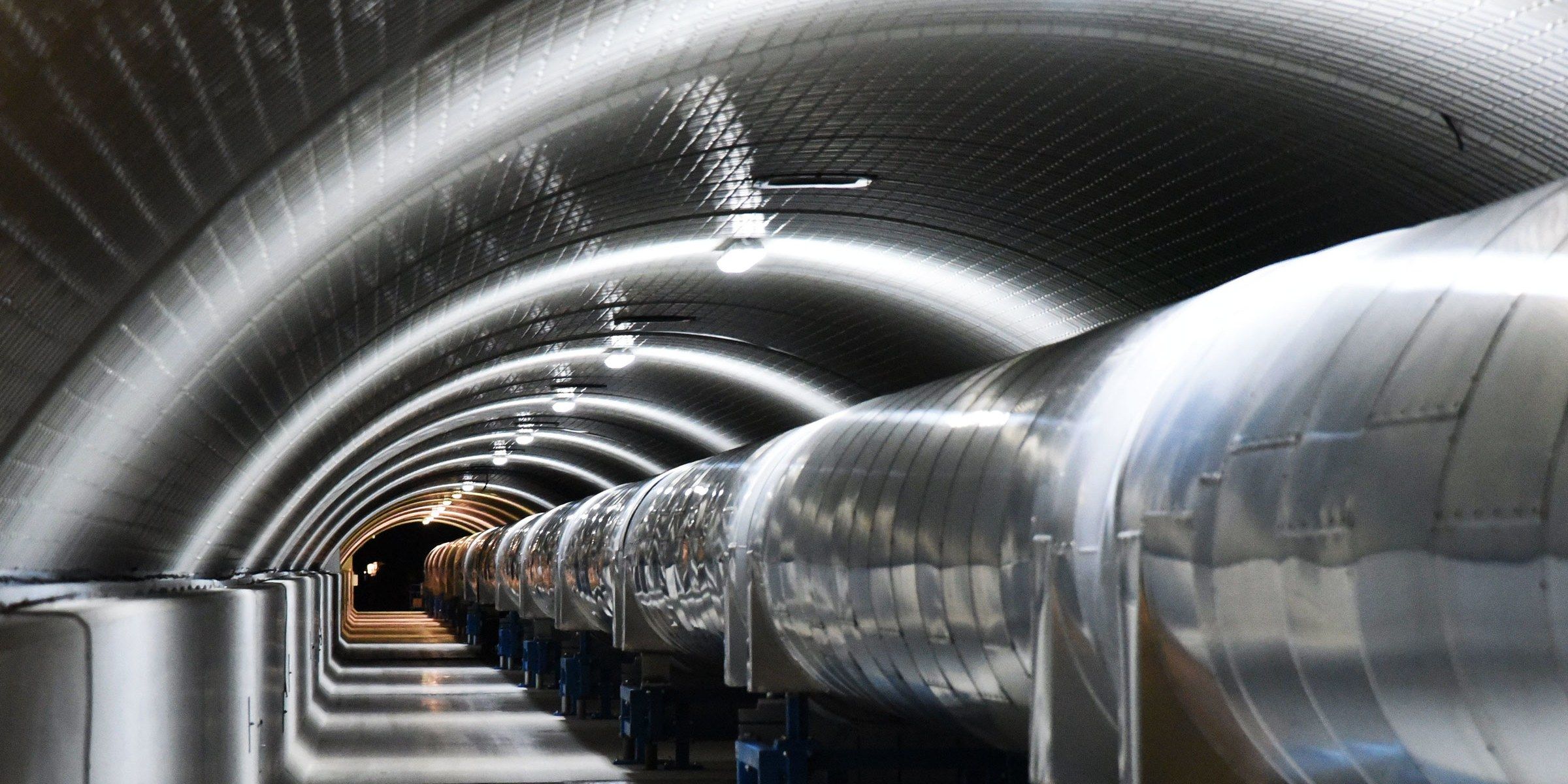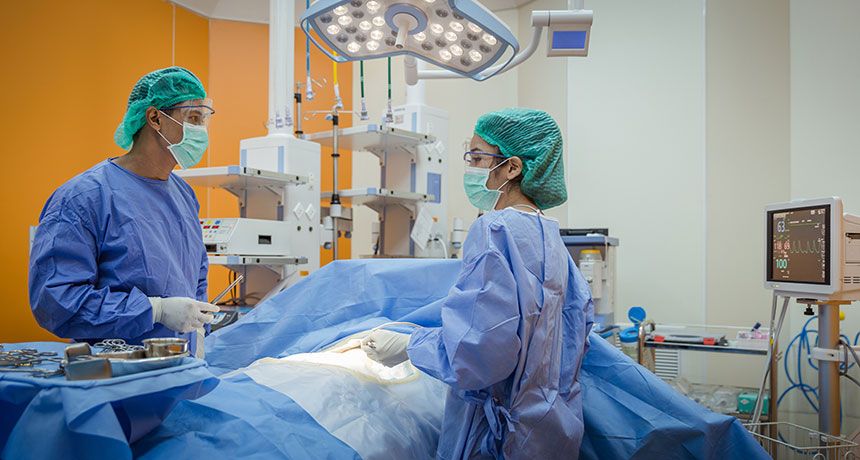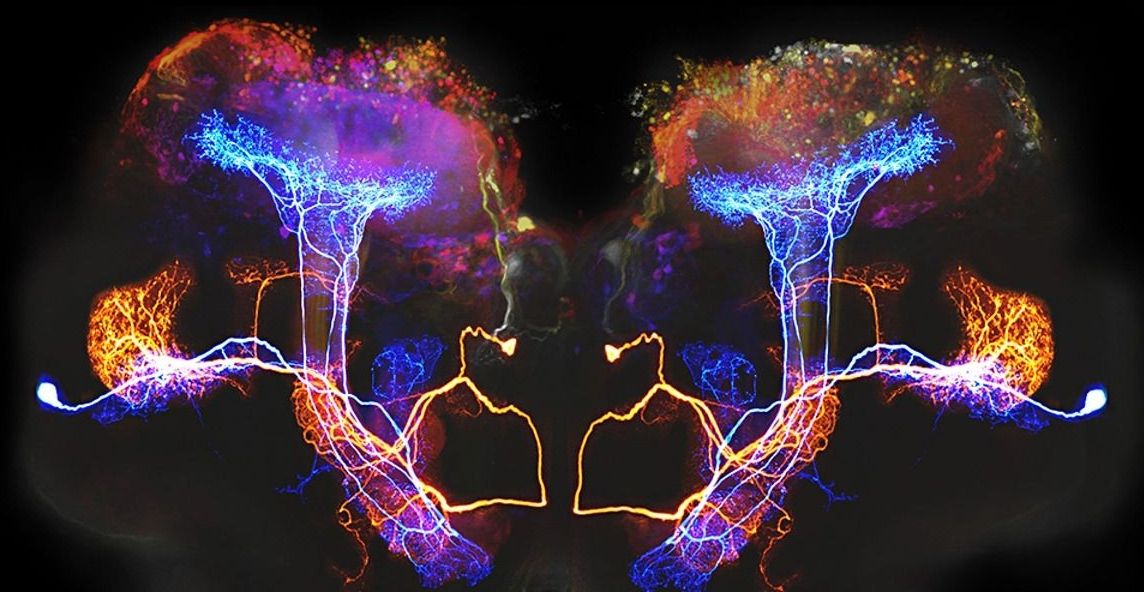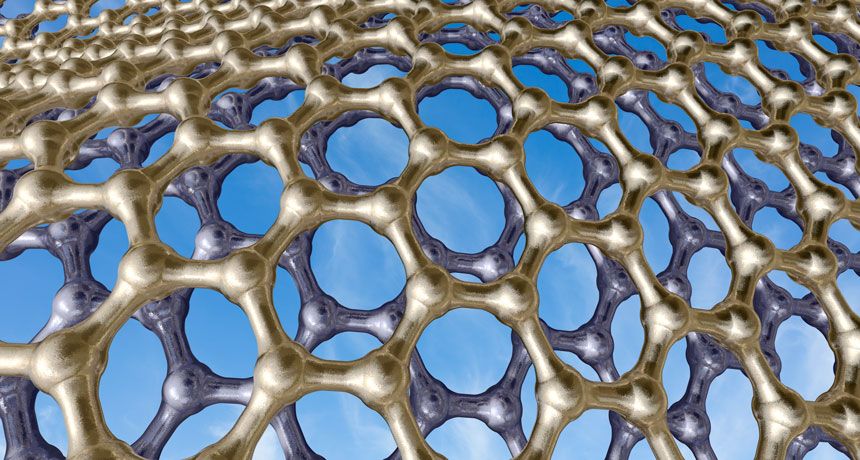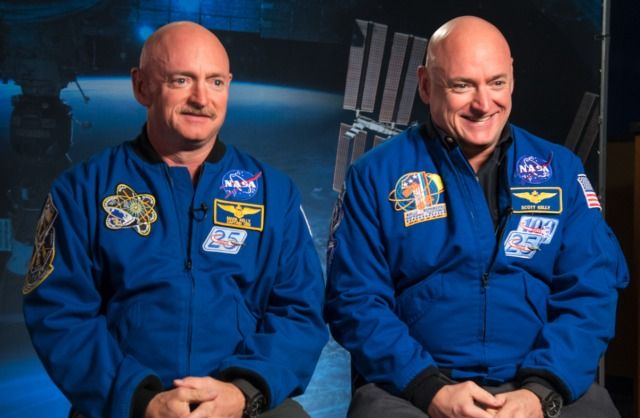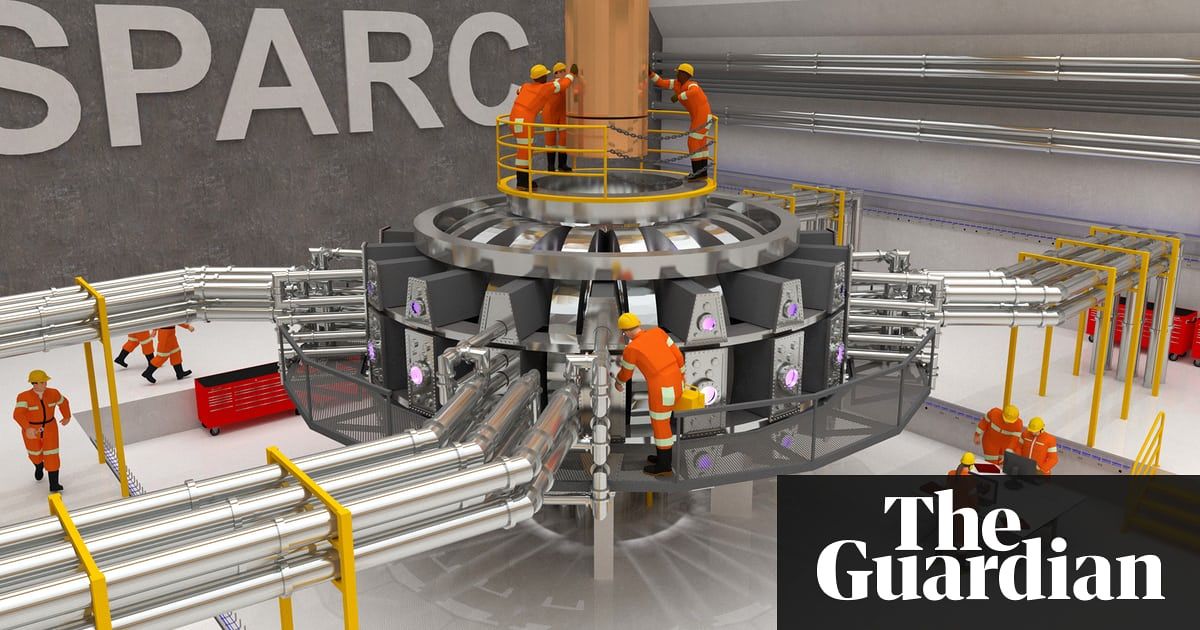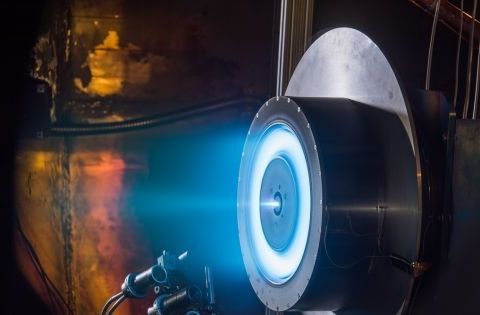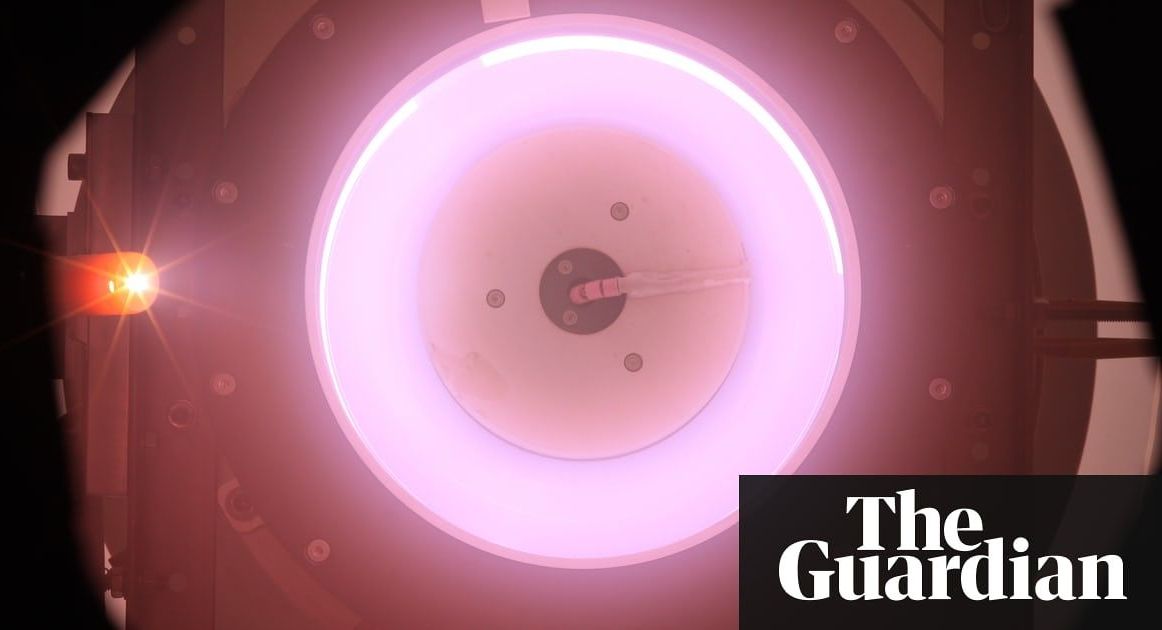Page 9917
Mar 9, 2018
Bioquark Inc. — Wellness Radio with Dr. J — Ira Pastor
Posted by Ira S. Pastor in categories: aging, bioengineering, biotech/medical, complex systems, cosmology, disruptive technology, DNA, futurism, genetics, health
Mar 9, 2018
How Fast Can Gravitational Wave Detection Get?
Posted by Genevieve Klien in categories: information science, physics, robotics/AI
With machine learning and other algorithmic approaches, researchers are increasing the speed at which they detect the undulations of spacetime.
Mar 9, 2018
Newer drugs make hepatitis C-positive kidneys safe for transplant
Posted by Genevieve Klien in category: biotech/medical
People without hepatitis C did not contract the disease after receiving successful transplants of infected kidneys along with newer antiviral drugs.
Mar 9, 2018
Scientists Claiming There’s No Brain Growth After Age 13 Spark Fiery Debate
Posted by Genevieve Klien in category: neuroscience
It’s hard for us to accept the idea that the brain stops growing, despite the large body of scientific evidence supporting this idea. The often-repeated statistic, based on years of research, is that the brain stops developing around the age of 25. More recently, an international team of neuroscientists argued in Nature that the human brain stops producing new neurons at age 13. The response from the scientific community to this most recent study has been significant, to say the least.
In their paper, published Wednesday, the researchers write that their findings “do not support the notion that robust adult neurogenesis continues in the human hippocampus.” In other words, none of the hippocampus tissue samples from adult brains they examined showed evidence of new neurons. Infants’ brains grow lots of new neurons, they report, and older children’s brains slow down a little. Meanwhile, none of their adult samples showed evidence of new neurons. And this is what other scientists don’t agree with.
“They may just not have looked carefully enough,” Jonas Frisén, Ph.D., of the Karolinska Institute in Sweden, told STAT News on Wednesday. Frisén co-authored a paper in 2015 that contradicts the findings of the Nature paper. And Frisén isn’t the only one who thinks these researchers’ conclusion may be premature.
Mar 9, 2018
Give double-layer graphene a twist and it superconducts
Posted by Genevieve Klien in category: materials
Mar 9, 2018
NASA astronaut who spent a year in space now has different DNA from his twin
Posted by Genevieve Klien in categories: biotech/medical, space travel
Space travel is dangerous for a lot of very obvious reasons — traveling off of Earth on a rocket has its risks, after all — but even when everything goes well it seems that a brief stay in space has the potential to alter a person’s very DNA. That’s the takeaway from a long-term NASA study that used astronaut Scott Kelly and his twin brother Mark as guinea pigs to see how living in space can affect the most basic building blocks of life.
Scott Kelly has spent over 500 days in space overall, but a huge chunk of that came with a single mission which had him stay aboard the International Space Station for 342 days. His brother Mark, who is a retired astronaut, is his identical twin and has the same DNA. This provided a never-before-possible opportunity for NASA to study how long-term space travel affects the human body and the genes that make us who we are. As it turns out, space really does change us, and upon Scott’s return to Earth it was discovered that his DNA has significantly changed.
Don’t Miss : 12 different Nexus smartphones just got deep discounts in Amazon’s one-day sale.
Mar 9, 2018
Nuclear fusion on brink of being realised, say MIT scientists
Posted by Klaus Baldauf in category: nuclear energy
Carbon-free fusion power could be ‘on the grid in 15 years’
Hannah Devlin Science correspondent.
Mar 9, 2018
We Just Completed a Record-Breaking Test of a Revolutionary Ion Engine
Posted by John Gallagher in categories: military, space travel
When it comes to the future of space exploration, a number of new technologies are being investigated. Foremost among these are new forms of propulsion that will be able to balance fuel-efficiency with power. Not only would engines that are capable of achieving a great deal of thrust using less fuel be cost-effective, they will be able to ferry astronauts to destinations like Mars and beyond in less time.
This is where engines like the X3 Hall-effect thruster comes into play. This thruster, which is being developed by NASA’s Glenn Research Center in conjunction with the US Air Force and the University of Michigan, is a scaled-up model of the kinds of thrusters used by the Dawn spacecraft. During a recent test, this thruster shattered the previous record for a Hall-effect thruster, achieving higher power and superior thrust.
Hall-effect thrusters have garnered favor with mission planners in recent years because of their extreme efficiency. They function by turning small amounts of propellant (usually inert gases like xenon) into charged plasma with electrical fields, which is then accelerated very quickly using a magnetic field. Compared to chemical rockets, they can achieve top speeds using a tiny fraction of their fuel.
Continue reading “We Just Completed a Record-Breaking Test of a Revolutionary Ion Engine” »
Mar 9, 2018
Spacewatch: engine fuelled by air will enable low-flying class of satellites
Posted by Genevieve Klien in category: satellites
Electric thruster sucks in the scarce air molecules at the top of the Earth’s atmosphere, using them as propellant to fight drag.

